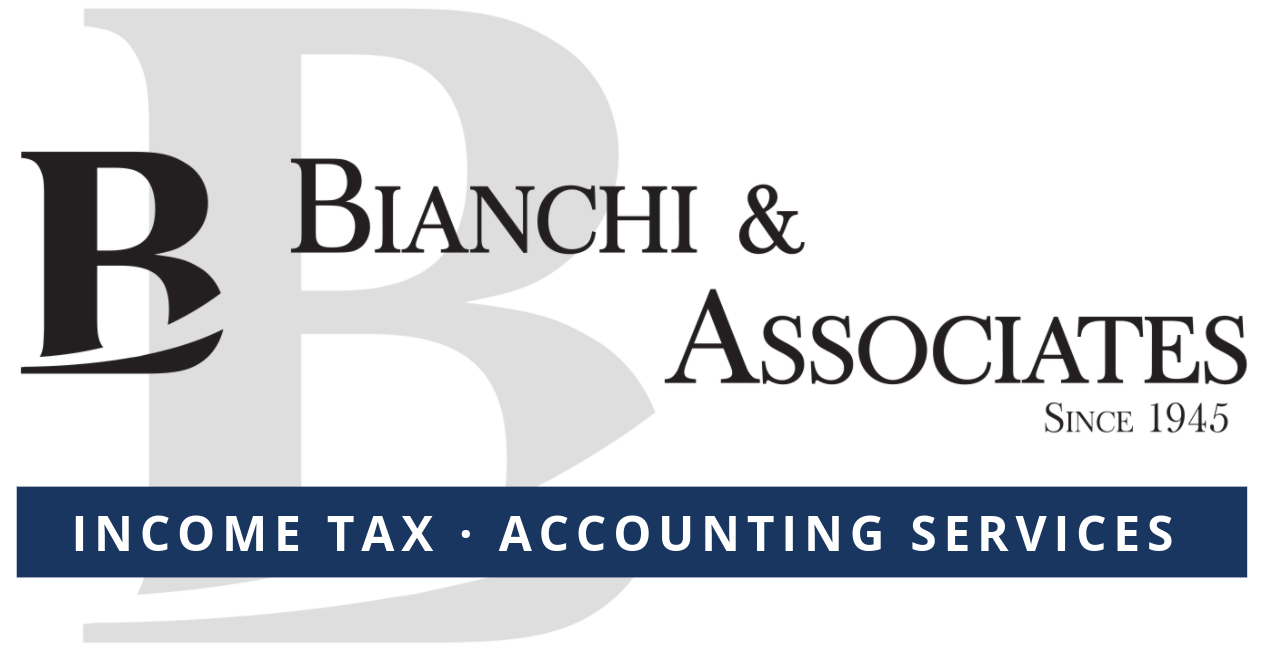There are many aspects of opening a new business that require thought and analysis. One of these is to choose the right type of business entity for your company. The business entity you choose will affect the amount of taxes your business will pay, among other things. This is why it is crucial to talk matters over with a business accountant first.
Selecting the correct entity for tax reasons is an important decision. Before talking to your accountant, it is vital to have some background knowledge on the subject first. This blog post will help you understand the basics of the different types of business entities and help you make an informed decision about which one will suit you best.
Choosing the Right Business Entity for Tax Purposes
To ensure that your business will be paying the least amount of taxes each year, you need to choose the right business entity to work under. Keep in mind that each business is unique, and will have varying needs, so you can’t copy off another company. Just because something worked for another business doesn’t mean it will make yours prosperous, too. Taking time to know the differences between the business entities will help you choose the right one for the unique circumstances of your business.
Types of Business Entities
Before talking to your accountant, here is a list of the different types of business entities that you may choose.
1 – LIMITED LIABILITY COMPANY (LLC)
An LLC may be formed as a sole proprietorship or as a partnership with many different owners. One advantage of an LLC is that it may be much easier to file tax returns. You may opt to file and report all your business income and expenses under your personal tax return, making it much quicker and easier to file your taxes. However, because of this, the significant disadvantage of an LLC is that you may end up paying much more social security taxes.
2 – S-CORPORATION
This type of entity may help you avoid paying too much in social security taxes and give you more deductible business expenses that you would not be afforded if you were working under an LLC. Disadvantages of an S-Corporation entity would be that you will need to pay a business tax of 8.85% and that you will most likely need a business accountant to help in filing your taxes.
3 – C-CORPORATION
C-Corporations may have advantages over S-Corporations and LLCs. for one thing, you will be able to include medical expenses in your taxes. This will not be allowed if you are under an S-Corporation or LLC. However, the significant disadvantage is that you will need to pay double taxation under this type of business entity.
Conclusion
Starting a business is not an easy feat. However, if you go into it with the right mindset and work with the right business accountant will make a world of difference. Selecting an accountant with extensive experience in dealing with New York state businesses will ensure that you will be making all the right decisions to keep your business financially stable, which will be an excellent start to running your company.
If you are in need of a business accountant you can trust, come to Bianchi and Associates! Serving Rochester, NY, and the surrounding area since 1945, we stand tested as a go-to partner for your accounting, tax, bookkeeping services, and financial planning needs. Contact us, and let’s get your business started today!
